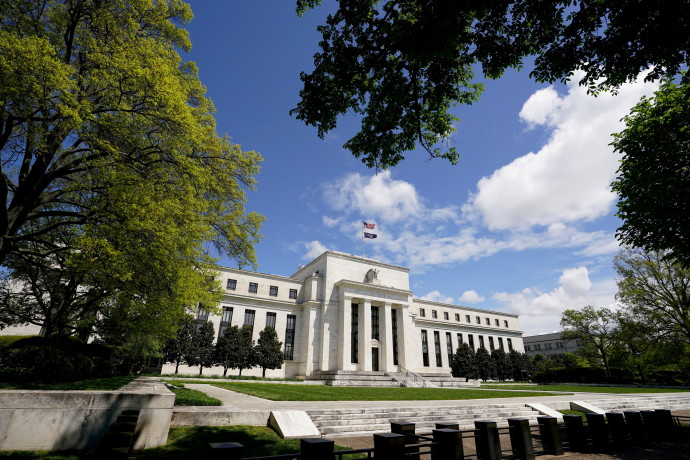Like a butterfly flapping its wings and setting off a tornado at the other end of the world, the US Federal Reserve raises US dollar interest rates and causes unemployment and corporate bankruptcies in remote continents, such as Africa and Australia. This is the potential power of the US central bank.
The Fed today is not just the central bank of the United States, but the de facto central bank of the world. It is the single most powerful economic institution worldwide.
The Fed’s power stems from the importance of the US economy in what has become a globalized economy, but specifically from the fact that since the Bretton Woods Agreement of 1944, the US dollar has served as the global reserve currency.
Thus, when the Fed raises interest rates, as it is doing now, financial conditions are tightened not only for the domestic US economy but in every corner of the globe.
Fed rate hikes typically have the effect of sucking capital out of developing economies and redirecting it back into the US.

Currently, inflation is a big problem everywhere, so, most countries require tighter financial conditions anyway but even today, different countries require varying levels of interest rates – for example, the Eurozone economy not only requires lower rates than the US for structural reasons but is also currently suffering much more from the Russia-Ukraine war.
Despite this, in reaching its current decision to raise rates, or any other monetary policy decision, the Fed focuses solely on domestic US economic conditions. Not that it doesn’t discuss global conditions, it does.
However, the Fed considers these as relevant only to the extent that they have an influence on US economic parameters. The basic monetary policy goals of the Fed, as set by the US Congress, are to foster economic conditions that achieve both stable prices and maximum sustainable employment in the US.
Although the Fed’s actions impact billions of people around the world, it remains accountable only to Congress, the representatives of the American People. This does not make any sense. At the very least, it should recognize its influence over other economies.
With great power comes great responsibility
It is Spiderman of Marvel Comics who popularized the adage “with great power comes great responsibility.” However, the principle goes far back to the legend of the Sword of Damocles, in which Damocles discovers that the pleasures of power always come with constant anxiety and even the risk of immediate death.
It was later echoed by leaders such as Winston Churchill and Franklin Roosevelt – and to a large extent, it guided US foreign policy in the 20th Century.
Its application here is logical and straightforward: if the Fed can continuously and significantly impact the lives of farmers in Africa and Australia, family businesses in Europe, and factory workers in Asia, it should also take them into account when it sets monetary policy.
Given that the Fed is effectively setting monetary policy for the world, its dual mandate should be expanded into a triple one – with the third pillar referring to global economic conditions. The privilege of having your currency serve as the global reserve currency should come with global responsibilities.
The writer is the Chief Strategist of Clarity Capital and a researcher of the political economy of money.
